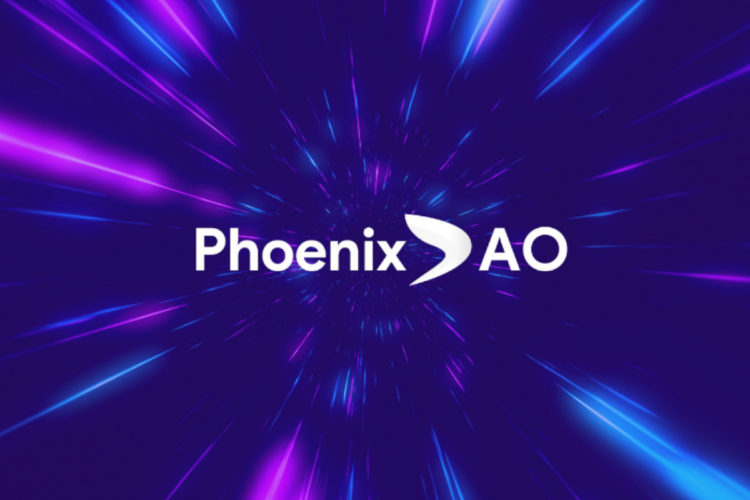The text below is an advertorial article that was not written by Cryptonews.com journalists.
Blockchain has been a powerful tool to automate transactions in a trusted manner without a centralized authority. Now many are also interested in leveraging decentralization to not only transact but organize and make decisions in a safe and effective manner.
A Decentralized Autonomous Organization (DAO) is an entity lacking central leadership also managed by members. Decisions are made via proposal and voted on during a specific period. Typically, ownership of a token is how users participate in a DAO. Rules and structure are set up via smart contracts that are fully transparent and open-source.
Since DAOs function without a hierarchy, they can have a large number of objectives. For example, a DAO can be set up for freelancers to pool funds or for a charity so members can approve donations. The lack of trust needed between parties is a significant advantage DAOs have over traditional organizations, especially when it comes to financial transactions.
Many are turning to DAOs as they have the potential to completely transform corporate governance. But how do different DAOs stack up to each other in regard to features, advantages, and other considerations? Keep reading for an overview of some of today’s most popular DAOs and their unique attributes.
Comparing Popular & Well-Known DAOs
- PhoenixDAO
PhoenixDAO is a community-based DeFi platform intending to be totally controlled by a community of PHNX stakeholders. The central component of the DAO is the Identity-powered dApp store that ensures one person is able to vote one time on proposals. As the DAO membership grows, those who stake and vote on proposals can receive PHNX token rewards from the DAO pool. Eventually, the PhoenixDAO team says ETH and DAI rewards will be added as the liquidity pool grows larger. Token staking and a decentralized Eventbrite-style dApp are two key technological protocols apart of the larger PhoenixDAO project available for users. - MakerDAO
MakerDAO is one of the most well-known DeFi governance platforms. Enabled by the DAI cryptocurrency, the DAO community operates through governance mechanisms inside the Maker Protocol. The Protocol is a range of smart contracts intending to mitigate the price volatility of DAI as much as possible. MakerDAO has gained notoriety due to its ability to allow lending and borrowing of virtual currencies without a middleman. So far, more than 400 platforms have integrated DAI and billions in assets are locked in the protocol. - NFTX
Launched in January 2021, NFTX is a community-owned protocol allowing for the creation of NFT index funds or ERC-20 tokens backed by NFTs. The NFTX smart contract is controlled by the NFTX DAO, which gives token holders the ability to vote and change the smart contract by consensus. The NFTX team says their long-term goals are to become the primary issuer of wrapped NFT funds and become a clearinghouse of comprehensive metrics for the NFT space. - Pillar
Pillar is a community-run multi-chain DeFi smart wallet. Intending to be a one-stop solution for tokens, NFTs, dApps, and other DeFi services, Pillar users are able to connect their digital tools to Ethereum, Polygon, Binance Smart Chain, and other protocols. PLR token holders have decision-making powers over the project treasury, roadmap, and future funding through the community DAO. The Pillar team notes their wallet features one address, is open-source, and non-custodial, and has private keys secured by smart contracts. However, gas fees are higher and the ecosystem is not as integrated as other DAO projects like PhoenixDAO.
Which DAO Comes Out Ahead?
Every DAO has its pros and cons, with features often tailored to the specific project goal. However, PhoenixDAO is one of the only protocols that include unique protocols like an NFT marketplace, staking dApp, multichain functionality, and integration with Polygon, Ethereum, and Binance Smart Chain.
The large swath of digital identity-based protocols and products found in the PhoenixDAO ecosystem gives PHNX holders unique opportunities to participate in the digital economy.
Credit: Source link













































































































































